April 15, 2025 | 06:48 GMT +7
April 15, 2025 | 06:48 GMT +7
Hotline: 0913.378.918
April 15, 2025 | 06:48 GMT +7
Hotline: 0913.378.918
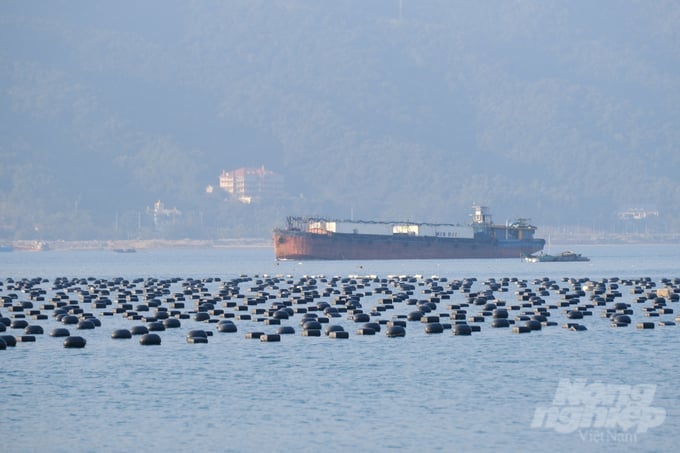
Quang Ninh prohibits speculation on mariculture areas. Photo: Kien Trung.
Quang Ninh province's Department of Agriculture and Rural Development recently issued a document to nine coastal areas within the province's jurisdiction regarding regulations on coordinating the implementation of state management tasks in the fisheries sector; licensing and allocating marine areas for organizations and individuals engaged in mariculture.
As of February 20, 2024, only 8 businesses and 14 cooperatives have submitted their applications for aquaculture license, environmental impact assessments, and marine area allocation. However, when reviewed, the majority of these applications lack several required components such as project descriptions and diagrams; several applications indicate an overlap in proposed marine area boundaries; several applications are located in areas where other aquaculture activities have been previously established, or lack clean site clearance.
With the aim of maintaining uniformity, expediency, and accuracy in the process of receiving and processing applications, thereby reducing administrative procedures, the province's Department of Agriculture and Rural Development urgently requested coastal areas including Quang Yen, Ha Long, Cam Pha, Van Don, Co To, Tien Yen, Dam Ha, Hai Ha, and Mong Cai to promptly finalize their plans/options and maps/diagrams for the use of marine space in mariculture, with input from relevant departments and agencies.
The department emphasized that local governments need to clearly define the location, boundaries, and coordinates of concentrated and dispersed mariculture areas; organize marine areas for policy beneficiaries, cooperatives, and local farmers; designate marine areas for attracting investment in industrial mariculture.
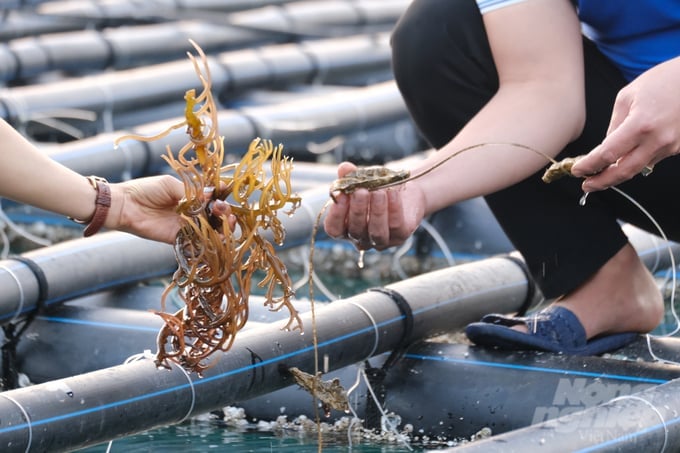
Elkhorn sea moss and oysters are currently the two main mariculture species in Van Don, Quang Ninh province.
Furthermore, written opinions must be provided for each application for mariculture license and allocation of marine areas, ensuring compliance with provincial planning, district-level planning, ongoing marine spatial planning, and local mariculture project plans. It is crucial to avoid overlapping with other sectoral and field planning as well as with other mariculture facilities within the proposed boundaries.
Developing criteria, selecting investors in priority order, and organizing marine areas to attract suitable industrial mariculture projects in accordance with with the local socioeconomic development direction are essential procedures.
Regarding applications for mariculture area allocation within a 3-nautical-mile range under district jurisdiction, thorough review and selection based on criteria such as financial capacity, technical expertise, experience, and dedication to mariculture are necessary. These applicants must commit to using the allocated marine area for the intended purpose, with priority given to policy beneficiaries and local residents, and adherence to the prescribed allocation limits, ensuring objectivity and transparency.
Encouraging and supporting the development of collective economic models, organizing production in linked chains, and applying science and technology in mariculture in accordance with the directives of the Provincial Party Committee and the Provincial People's Committee are also important aspects to consider.

Hanging oyster farming on floating rafts in Van Don, Quang Ninh. Photo: Kien Trung.
Quang Ninh province's Department of Agriculture and Rural Development emphasized that coastal areas must be well-informed and proactively resolve complaints regarding the fisheries sector within their management jurisdiction. Namely, they must prevent the speculation on mariculture areas. Additionally, they must avoid the amassing of claims and anti-regulatory behaviors, which can adversely impact security, order, and social safety, as well as the local investment environment.
Regarding policies to encourage the establishment of mariculture cooperatives, the Department requires strict management of newly established mariculture cooperatives, whereby the establishment, organization, and operation of the cooperative must adhere to the provisions of the Law on Cooperative. The policies also encourage existing cooperatives in the area to restructure their organization, and adjust management methods and production practices to enhance the effectiveness of cooperatives in terms of economics and society, thereby contributing to the formation of production chains in mariculture.
Quang Ninh province's Department of Natural Resources and Environment and Department of Agriculture and Rural Development have jointly issued guidelines for organizing production, licensing for mariculture, allocating marine areas for mariculture, and confirming registration for cage aquaculture since mid-2023.
According to the guidelines issued by Quang Ninh province, farmers who transition from coastal fishing activities to mariculture, or farmers who are local permanent residents with livelihoods mainly dependant on income from mariculture must request confirmation from the commune-level People's Committee where they are permanent residents. However, farmers are encouraged to promote production linkages in mariculture, which include seed production, feed supply, commercial farming, primary processing, and product consumption. Moreover, the guidelines instruct farmers to commit to participating in production linkages through a cooperative model.
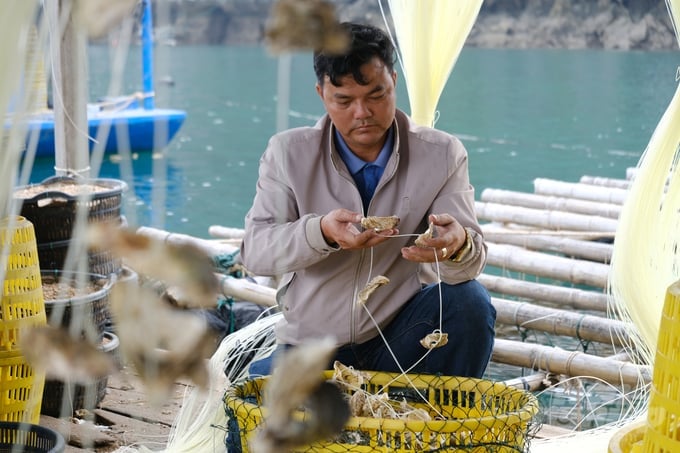
Mariculture, as an industry, is expected to deliver sustainable, long-term economic benefits with multiple values. Photo: Kien Trung.
According to Decision No. 35 issued by the Quang Ninh Provincial People's Committee, large-scale producers, with a minimum production scale ranging from 15 to 100 hectares, are encouraged to form investment partnerships in agricultural production, processing, and product consumption; engage in multi-species mariculture, with various marine species such as fish, mollusks, seaweed, indigenous and experiential species, among others.
An application for licensing mariculture, allocating marine areas, and issuing certificates for cage aquaculture consists of the following: Application Form No. 29.NT under Decree No. 26; project proposal for mariculture (Form No. 30); environmental impact assessment report for mariculture or environmental permit/registration reviewed by the competent authority.
Applicants exempted from environmental impact assessment include investment projects which produce no waste or generate solid household waste of less than 300 kilograms per day; or liquid waste of less than 0.5 cubic meters per day; or gaseous emissions, treated by on-site treatment facilities and equipment, of less than 50 cubic meters per day; a marine area diagram with coordinates of proposed corner points.
The maximum processing time is 37 working days from the date of receiving the complete application, excluding the time for field inspections and feedback from relevant units.
Government Decree No. 11/2021 stipulates that the Ministry of Natural Resources and Environment charge usage fees for marine areas beyond the 6-nautical-mile zone; marine areas belonging to two or more provinces or centrally-run cities with coastal areas extending partially beyond the 6-nautical-mile zone; areas designated for investment projects under the approval authority or investment decision of the Prime Minister; marine areas requested for aquaculture by foreign investors or economic organizations with foreign investment.
The allocation duration for marine areas shall not exceed 30 years. Upon expiration, the Government may consider an extension of no more than 20 years if there is a need for continued use.
Usage fees for marine areas are dictated as follows: 7.5 million Vietnamese dong per hectare per year for areas within the 6-nautical-mile zone and contiguous coastal areas; 7 million Vietnamese dong per hectare per year for areas beyond 6-9 nautical miles; 6 million Vietnamese dong per hectare per year for areas within 9-12 nautical miles; 5 million Vietnamese dong per hectare per year for areas within 12-15 nautical miles; 4 million Vietnamese dong per hectare per year for areas beyond 15 nautical miles.
If marine areas are allocated across two or three, or all four zones, the usage fees are determined by the total fee rate for each corresponding area.
The Ministry of Agriculture and Rural Development and Quang Ninh province will organize the "Sustainable Mariculture Development Conference - Insights from Quang Ninh" on April 1. The conference is chaired by Minister of Agriculture and Rural Development Le Minh Hoan and the Secretary of the Provincial Party Committee and Chairman of the Provincial People's Council of Quang Ninh province Nguyen Xuan Ky. The conference is expected to attract 400 to 450 domestic and international participants.
The event will be broadcast live by the Vietnam Agriculture Newspaper on multiple media platforms.
You can participate in the conference via Zoom ID: 939 8269 4473; Password: 202404.
Translated by Nguyen Hai Long
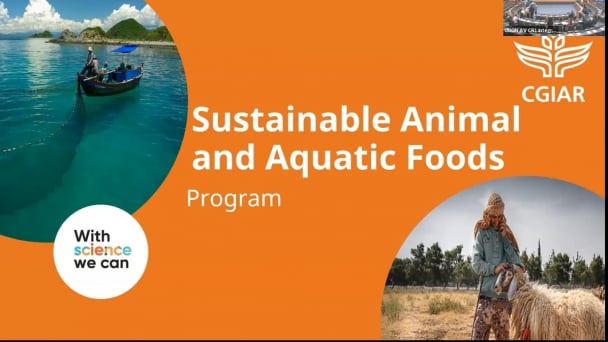
(VAN) The CGIAR’s Sustainable Animal and Aquatic Foods (SAAF) program represents a new approach that emphasizes the transformation of food systems toward sustainability.
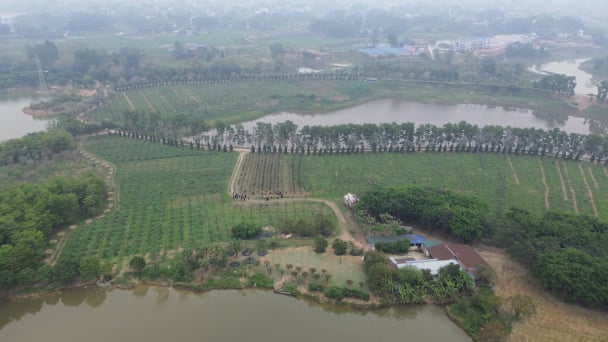
(VAN) Scientists assume that industrial agriculture has been 'outdated.' As a result, a comprehensive overhaul or a revolution in the direction of embracing ecological agriculture is needed.
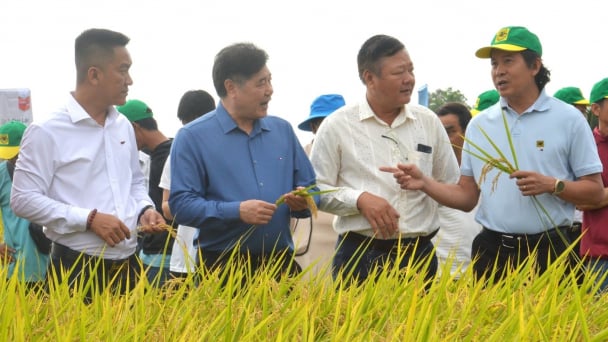
(VAN) The results from pilot fields are catalyzing the expansion of the One million hectares of high-quality, low-emission rice project in Kien Giang.
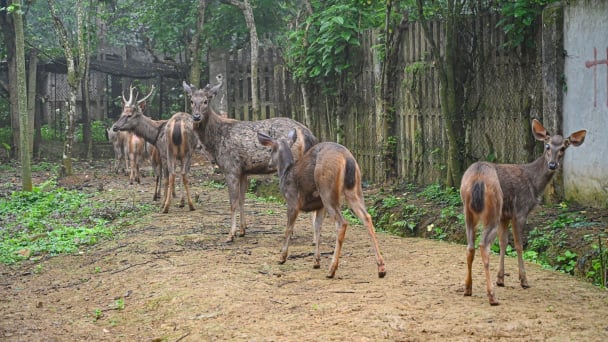
(VAN) On the morning of April 11, Cuc Phuong National Park received 18 individuals of endangered and rare wild animals from Da Nang city.
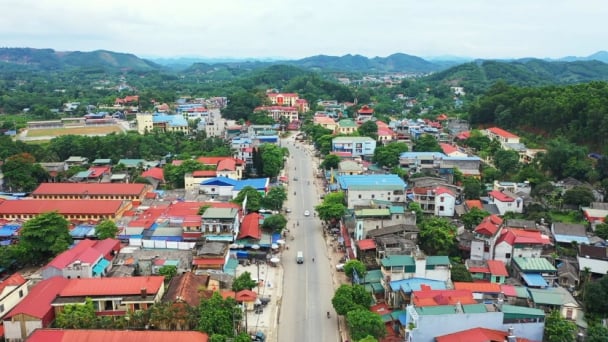
(VAN) FAO supports Vietnam in enhancing survey sampling techniques for the 2025 nationwide agricultural and rural census.
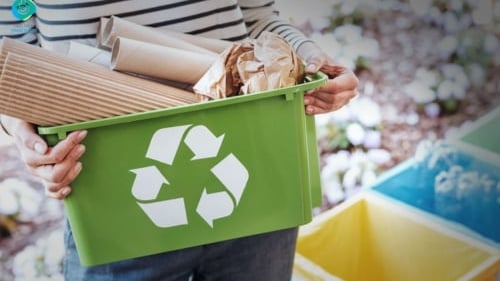
(VAN) By participating in the green transition, manufacturers become an indispensable part of the circular economy, contributing to resource optimization and environmental protection.
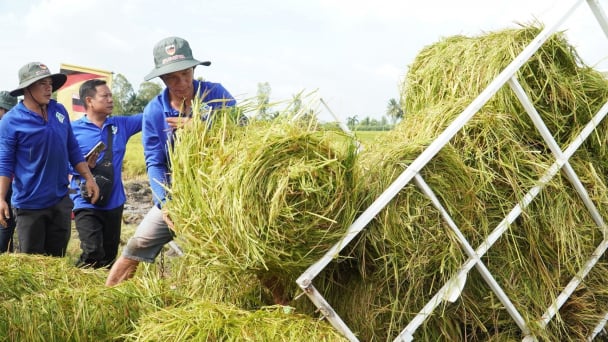
(VAN) The One Million Hectares of High-Quality and Low-Emission Rice Program can generate nearly 14 million tons of straw annually, posing an urgent requirement to diversify straw-based products.